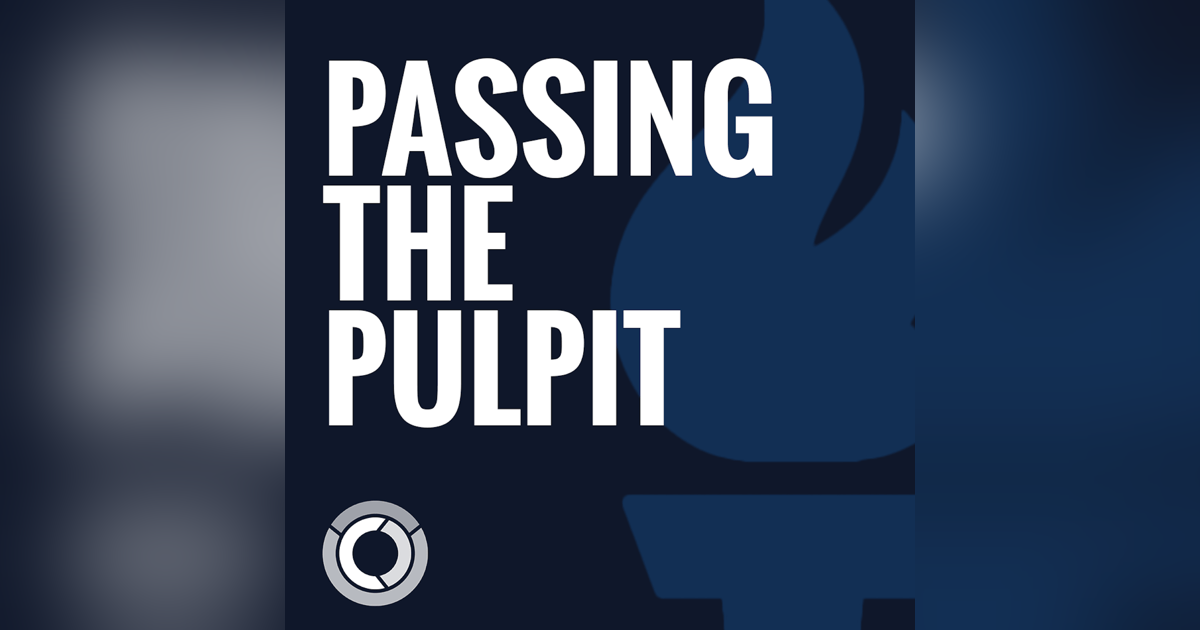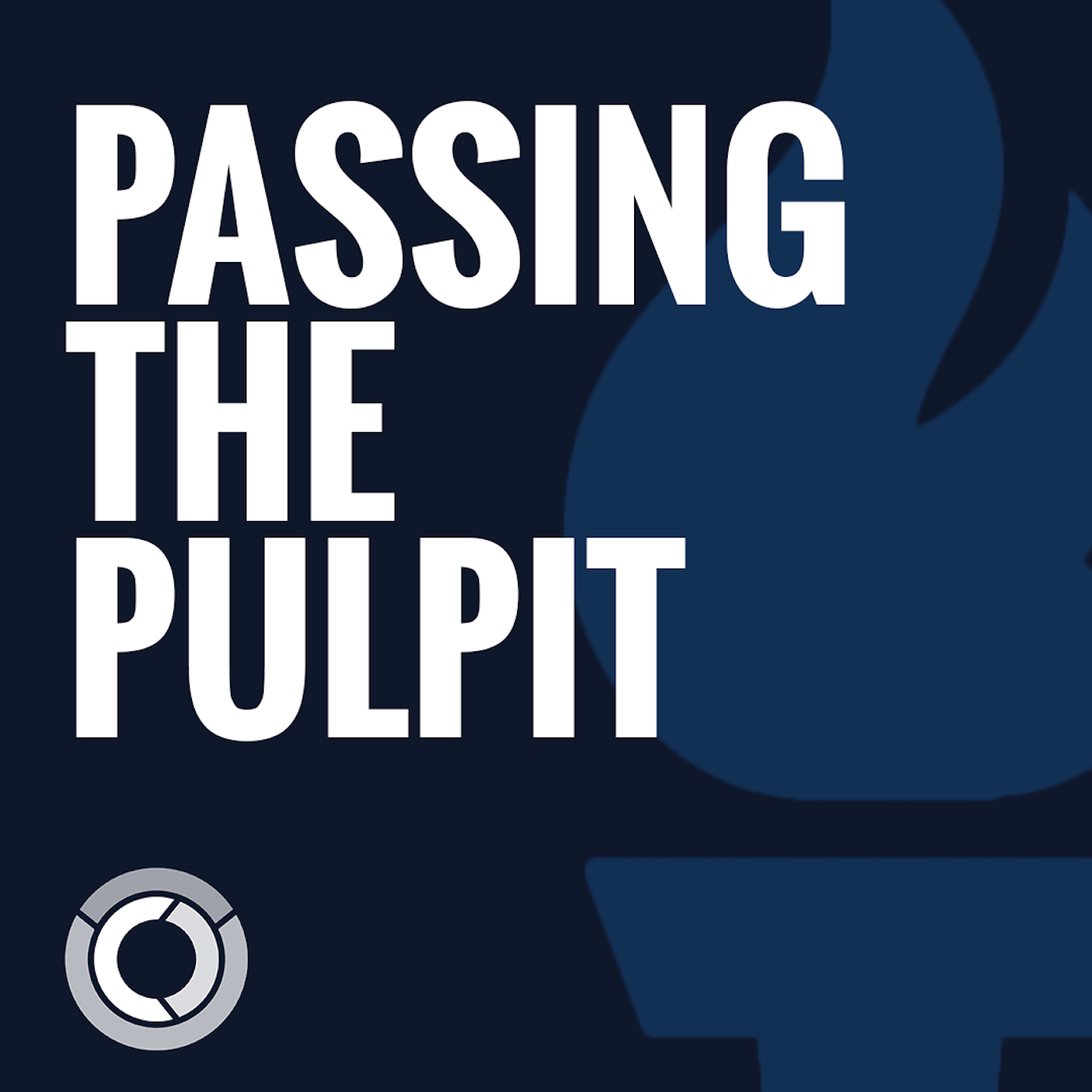Fuel for the Journey: Staying Passionate in a Long Obedience


Ronn Read has spent decades pastoring in diverse contexts across multiple states, faithfully leading through seasons of change and challenge. Along the way, he has gathered a wealth of hard-earned wisdom—wisdom he generously shares with us in today’s conversation. In this episode, Ronn offers stories, insights, and encouragement that will inspire both leaders and congregations alike.
Now transitioning from his role as an interim pastor, Ronn is stepping into a consulting ministry to continue equipping churches and leaders for health and growth. You can learn more about his work at www.archconsulting.com, or reach out to him directly at ronnread@gmail.com.
Follow SermonCentral on Instagram, Facebook, and Youtube
(00:02) Pastoral Wisdom and Ministry Journey
(15:11) Balancing Ministry and Family Commitment
(20:58) Staying Passionate in Ministry Long Term
(35:37) Embracing Adversity in Ministry
(49:23) Building a Support System in Ministry